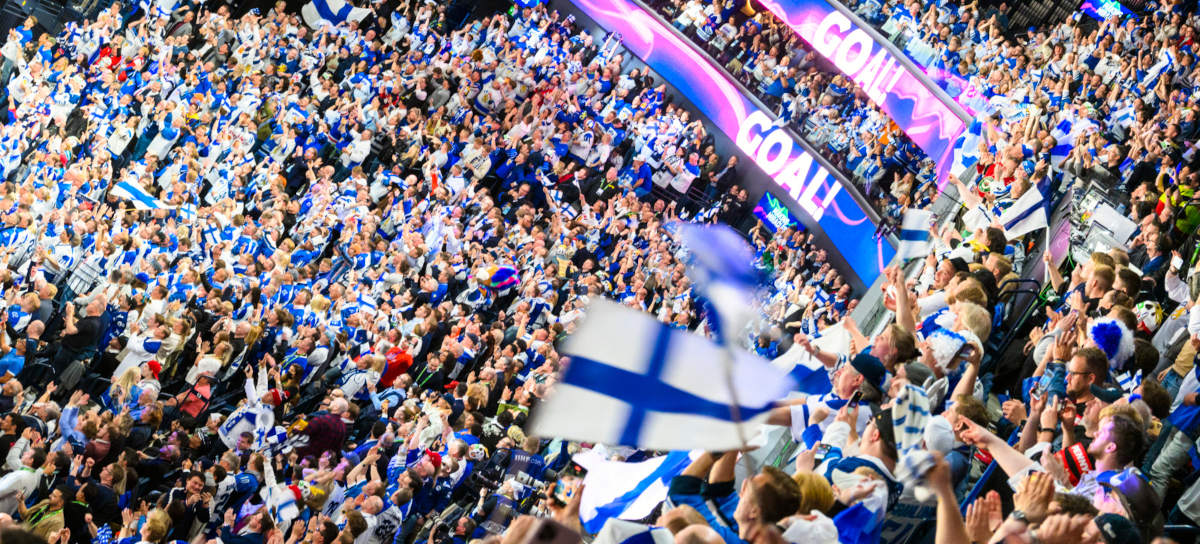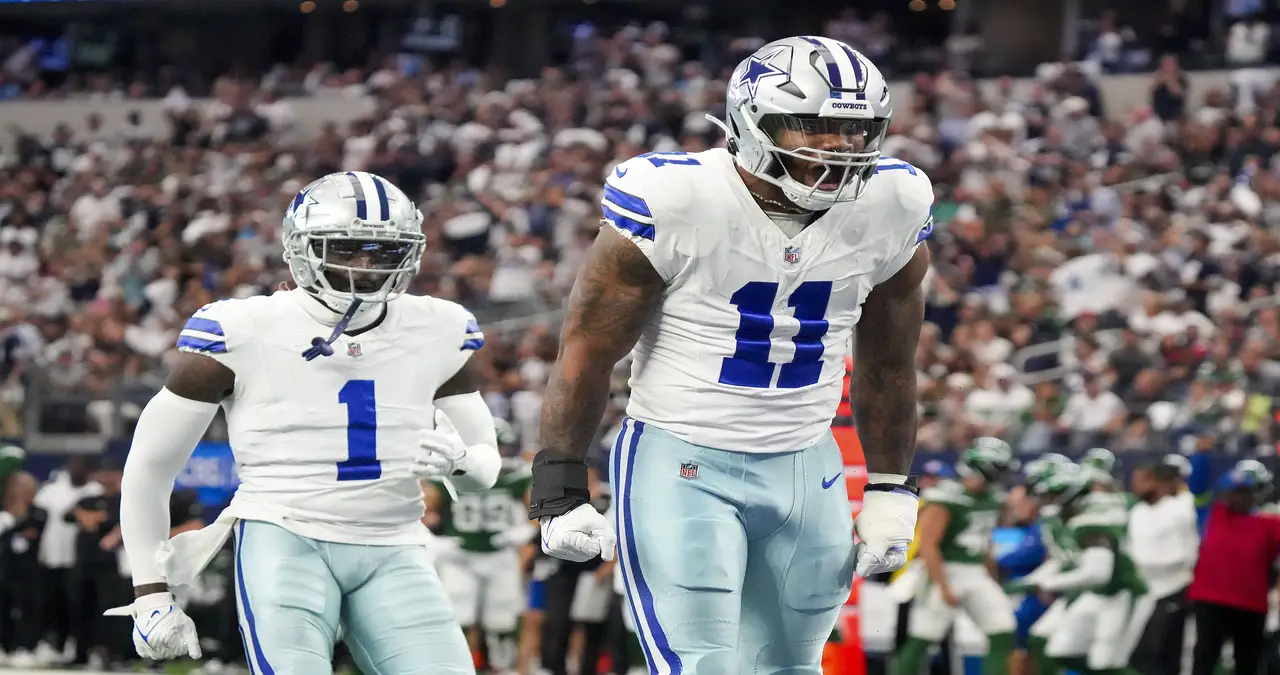Dive into everything you need to know about the Europa League Final—from its rich history and unforgettable moments to fan experiences, player spotlights, and tactical breakdowns.
The Europa League Final isn’t just another football match; it’s a culmination of dreams, grit, and thrilling moments. Whether you’re a die-hard fan of a participating club or a neutral who just enjoys a high-quality showdown, this game delivers every single time. With electrifying atmospheres, dramatic comebacks, and unforgettable goals, this final has become one of the most anticipated events on the football calendar.
In this article, we’re diving deep into the Europa League Final—its history, significance, unforgettable moments, and what fans can expect every season. Strap in for a comprehensive ride through one of European football’s most exciting tournaments.
The Evolution of the Europa League Final
Once known as the UEFA Cup, the Europa League Final has evolved significantly over the decades. Originally designed to be a secondary competition to the UEFA Champions League, it has now carved its own identity with intense rivalries, rich narratives, and global fanbases.
The format has changed over the years, giving more teams a shot at European glory. From a simple knockout competition to the current group stage format that leads to a dramatic final, it’s evident how much importance UEFA has placed on this tournament. And with a Champions League spot now up for grabs, the stakes couldn’t be higher.
The final is not just about lifting a trophy—it’s about the journey. Teams often start their European adventure in the qualifying rounds during the summer. By the time the final rolls around in May, they’ve faced fierce opponents, traveled across the continent, and tested their tactical and mental limits. Winning the final validates all those efforts.
Why the Europa League Final Matters
For some clubs, especially those outside the elite Champions League bracket, the Europa League Final offers a golden ticket to prestige. It gives underdog teams a platform to shine and compete against seasoned European sides. It’s often seen as a proving ground—a tournament where future stars announce themselves to the world.
But it’s not just about the teams. For fans, the final is a celebration. It brings people together across different cultures, cities, and continents. Whether you’re in a packed stadium or a local pub, the energy is contagious. The final has produced some incredible fan moments, from choreographed tifos to emotional post-match celebrations.
Winning the Europa League can be transformative. Take Sevilla, for instance. Their domination in the tournament turned them into a European powerhouse. Clubs like Villarreal, Eintracht Frankfurt, and even Manchester United have felt the impact of a Europa League win—it builds legacy and opens doors.
Memorable Europa League Final Moments
Let’s talk about moments—those heart-stopping, edge-of-your-seat scenes that make football the beautiful game. The Europa League Final has given us plenty. Think of Sevilla’s many wins or Villarreal’s epic penalty shootout victory over Manchester United. Drama, emotion, and tactical brilliance are always in full supply.
Remember that goal by Diego Forlan for Atlético Madrid? Or the sheer dominance of Chelsea in their win against Arsenal? These are the kind of moments that define careers. Coaches have made their names, and players have turned into legends on this stage. It’s where reputations are made and, sometimes, where redemption is found.
And who could forget the fans? From flares lighting up the night sky to chants echoing in historic stadiums, they bring the soul to the final. The passion, the hope, the sheer noise—it all contributes to an atmosphere that makes the Europa League Final so unforgettable.
The Road to the Final: What It Takes

To get to the Europa League Final, a team must show more than just skill. It takes consistency, resilience, and adaptability. With a demanding schedule and a variety of playing styles to face, every round presents its own unique challenge.
Group stages are just the beginning. Then come the knockout rounds, where away goals used to matter (until the recent rule change) and every mistake could be fatal. Managers need to rotate squads wisely, players must stay fit, and clubs must keep their mental game sharp. It’s a marathon, not a sprint.
Teams often face a mix of domestic and European schedules, which makes reaching the final an even greater accomplishment. Juggling multiple competitions is no easy feat, and the Europa League doesn’t get the luxury of being second-tier anymore—clubs go all-in for that coveted final spot.
Tactical Trends in Europa League Finals
Football tactics evolve, and the Europa League Final often serves as a showcase for innovation. Whether it’s a high-pressing style, possession-based play, or rock-solid defending with deadly counterattacks, you can see it all here. The diversity of European football really comes to light in this tournament.
Managers often take bold decisions in the final. There’s no room for error, but there’s also everything to gain. Substitutions are timed to perfection, formations are tweaked mid-game, and sometimes, surprise inclusions in the lineup catch the opposition off guard. Every decision is magnified under the spotlight of the final.
This is also where individual brilliance can outshine systems. A single moment of magic—a free kick, a wonder goal, a match-saving tackle—can be the difference. And because of that, the final becomes a fascinating chess match between coaching brains and on-field talent.
Europa League Final: A Financial Game-Changer
Let’s not overlook the economics. The Europa League Final isn’t just about glory—there’s serious money involved. UEFA offers substantial prize money, and qualification for the Champions League group stage brings even more financial muscle.
For smaller clubs, it can be a lifeline. Winning the Europa League can boost revenues through sponsorships, merchandise sales, and broadcasting rights. Clubs can attract better players, improve facilities, and compete at higher levels. It’s not just a trophy—it’s an investment in the club’s future.
For larger clubs, while the financial reward might not compare to Champions League figures, it still represents value. And more importantly, it ensures European continuity and fan engagement. Every euro counts in the modern football economy, and a Europa League win balances the books quite nicely.
Where the Europa League Final is Held
Unlike the Champions League, which tends to favor iconic stadiums, the Europa League Final often takes place in emerging or lesser-known cities, showcasing new venues and fan cultures. This brings diversity to the event and allows UEFA to grow its influence across different regions.
Whether it’s in Baku, Gdansk, or Seville, the final becomes a festival. Cities prepare for months, and tourism spikes dramatically. Fans from across Europe descend on the host city, creating a melting pot of cultures, colors, and chants. The final is more than just a match—it’s an experience.
Local businesses benefit, national pride swells, and football takes center stage. The locations may vary, but the spirit of the final remains consistent: passionate, loud, and unforgettable.
Player Spotlights: Stars of the Europa League Final
Some players are born for big games, and the Europa League Final tends to reveal them. From seasoned veterans to hungry youngsters, the final provides a global stage to shine. Names like Eden Hazard, Radamel Falcao, and Bruno Fernandes have all left their mark here.
Young talents often use the final as a springboard. Scouts from top clubs watch closely, and a standout performance can lead to a career-defining transfer. On the flip side, experienced players see the final as a shot at redemption or a crowning moment before retirement.
These stories are what make the final so emotionally charged. You’re not just watching a football match; you’re witnessing individual journeys reaching their peak, or even coming full circle. The raw emotion seen in player reactions is genuine and deeply human.
How Fans Experience the Final

Ask any fan and they’ll tell you: watching the Europa League Final is a rollercoaster. From sleepless nights before the match to nerves kicking in at kick-off, it’s a ride unlike any other. And thanks to modern broadcasting, fans now enjoy cinematic coverage with expert analysis and real-time replays.
The rise of social media has also changed how fans interact with the final. Live tweets, reaction videos, memes—it all adds to the communal vibe. Whether you’re in a stadium or on your couch, you’re part of a global football family. That’s the magic of this final.
Fans also play a huge role in team morale. Their songs, chants, and unwavering support often give teams that extra push. Managers and players alike acknowledge the 12th man effect that fans bring, making their role in the final absolutely crucial.
Predictions and Expectations for Future Finals
As the Europa League Final continues to grow in stature, expectations rise. Will we see more underdog stories? Could smaller leagues start dominating? One thing’s for sure—the gap between Europa League and Champions League is narrowing.
We’re likely to see more competitive finals, more world-class performances, and more tactical depth. The final may even evolve further, possibly incorporating fan-voted features or new broadcasting innovations. As football changes, so will the Europa League Final.
And with UEFA’s constant efforts to enhance the competition, the final’s future looks bright. Expect more drama, more heroes, and more unforgettable nights under the lights.
Table: Europa League Final Key Facts
| Feature | Details |
|---|---|
| First Held | 1972 (as UEFA Cup) |
| Current Format | 48 teams in group stage, knockout rounds to final |
| Winner Qualifies For | UEFA Champions League |
| Trophy Weight | 15 kg |
| Most Successful Club | Sevilla FC |
Quotes From the Final
“Winning the Europa League was the start of everything for our club.” – Club Executive
“It’s more than a trophy—it’s a legacy.” – Former Captain
“We gave it our all, and the fans pushed us over the line.” – Manager
FAQs About the Europa League Final
What is the Europa League Final?
The Europa League Final is the deciding match of the UEFA Europa League, where two teams face off to claim the title and a spot in the next season’s UEFA Champions League.
When is the Europa League Final played?
It usually takes place in May, towards the end of the European football season.
How can a team qualify for the Europa League Final?
Teams go through group stages and knockout rounds. Some clubs drop in from the Champions League group stage to compete in the later rounds.
Where is the final held?
The venue changes every year, often showcasing different European cities.
What do the winners get besides the trophy?
They earn a place in the following season’s UEFA Champions League group stage and receive significant prize money.
Is the Europa League Final worth watching?
Absolutely! The intensity, quality, and drama make it one of the most entertaining matches in club football.
Conclusion: Why the Europa League Final Is a Must-Watch
The Europa League Final is football in its purest form—raw, emotional, unpredictable, and beautiful. It’s a night where legends are born, dreams are fulfilled, and the sport’s global spirit shines brightest. If you love football, you simply can’t afford to miss it.




